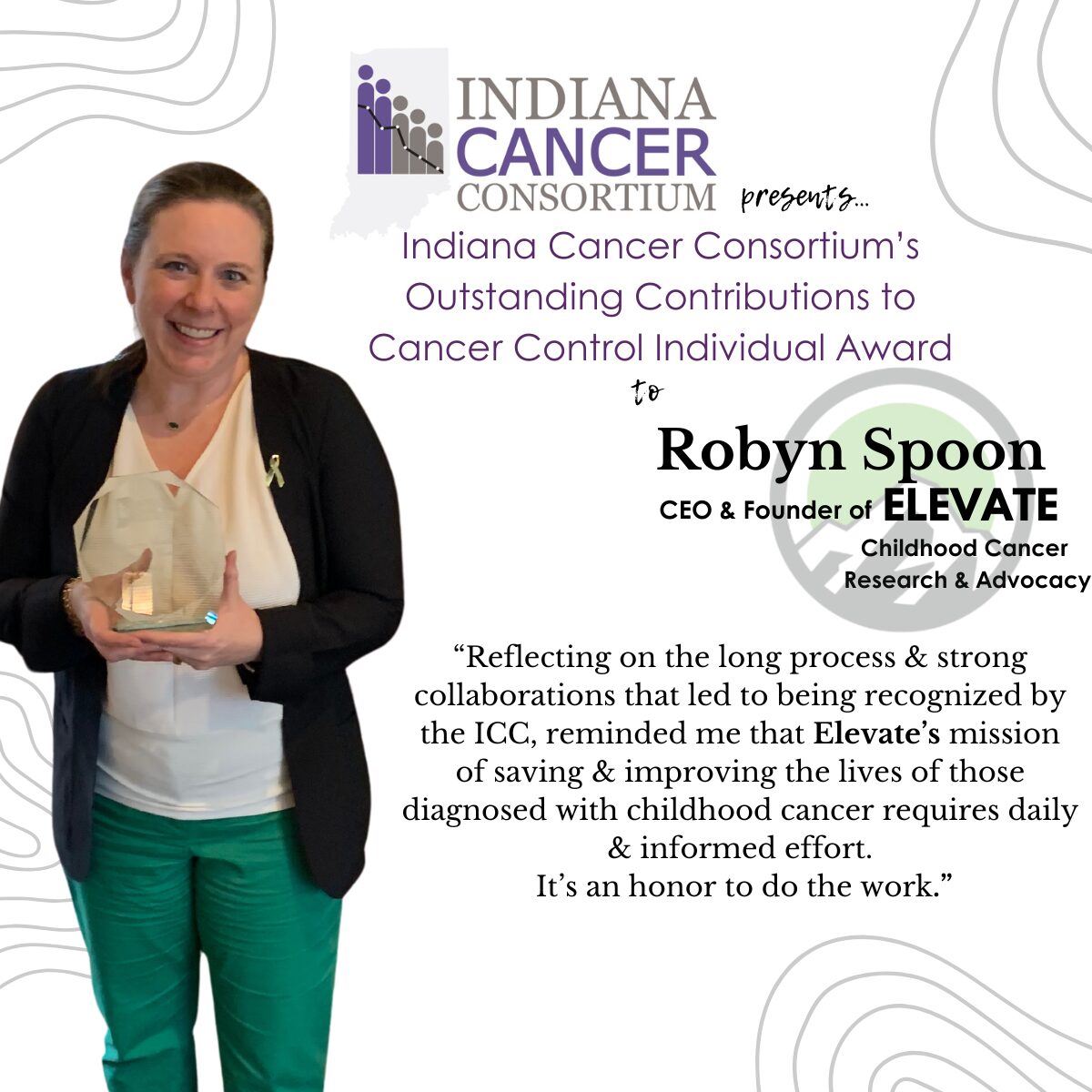Meet our CEO
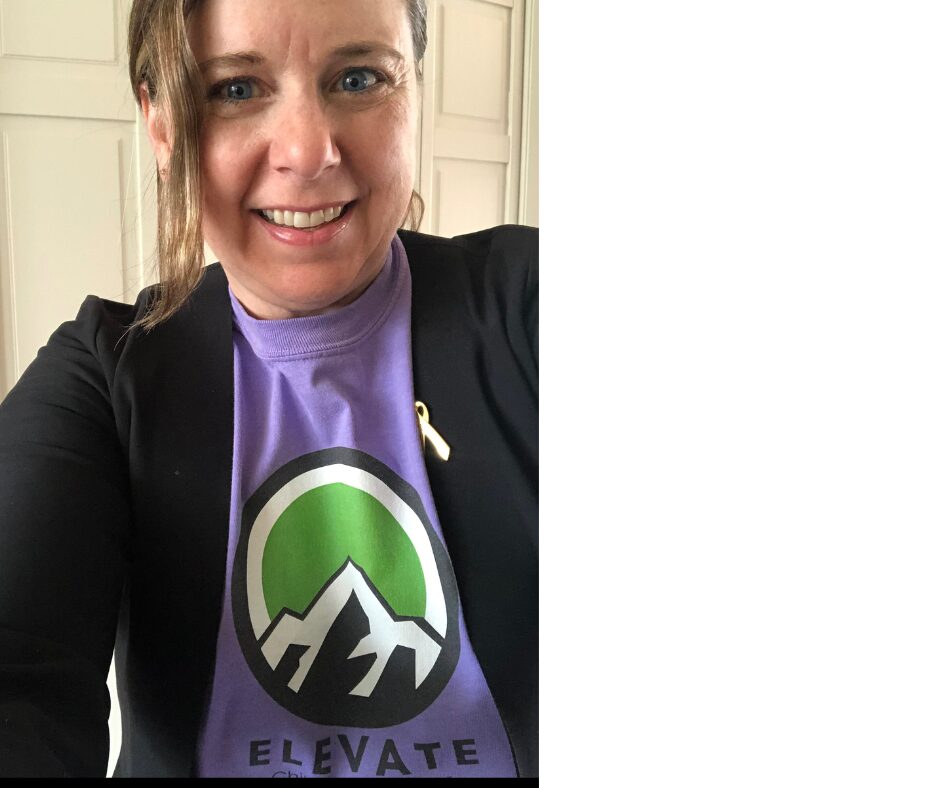
Elevate Childhood Cancer Research and Advocacy
My hope is to build a coalition with others with a similar desire to change the story for those who follow us…and to do it fast! And while we pursue this mission, we will arm patients and caregivers with the most current information possible so that their families are able to make critical decisions on behalf of their child.
A Message from our CEO and Founder
Why Elevate?
Sitting in a small Lexington, Kentucky clinic room with my then 21-year old son and my husband, I will never forget hearing the doctor say to our son, “You have rhabdomyosarcoma, which is cancer.” Justin reached over and squeezed my hand, and glanced at me to let me know he was ok. The small relatively painless lump near his left nostril now had a name. The doctor proceeded to hand me a sheet of information about the disease, which explained that rhabdomyosarcoma is rare, with only about 500 total diagnoses in the US each year and only a small percentage involving those above the age of 18—I immediately had a bad feeling.
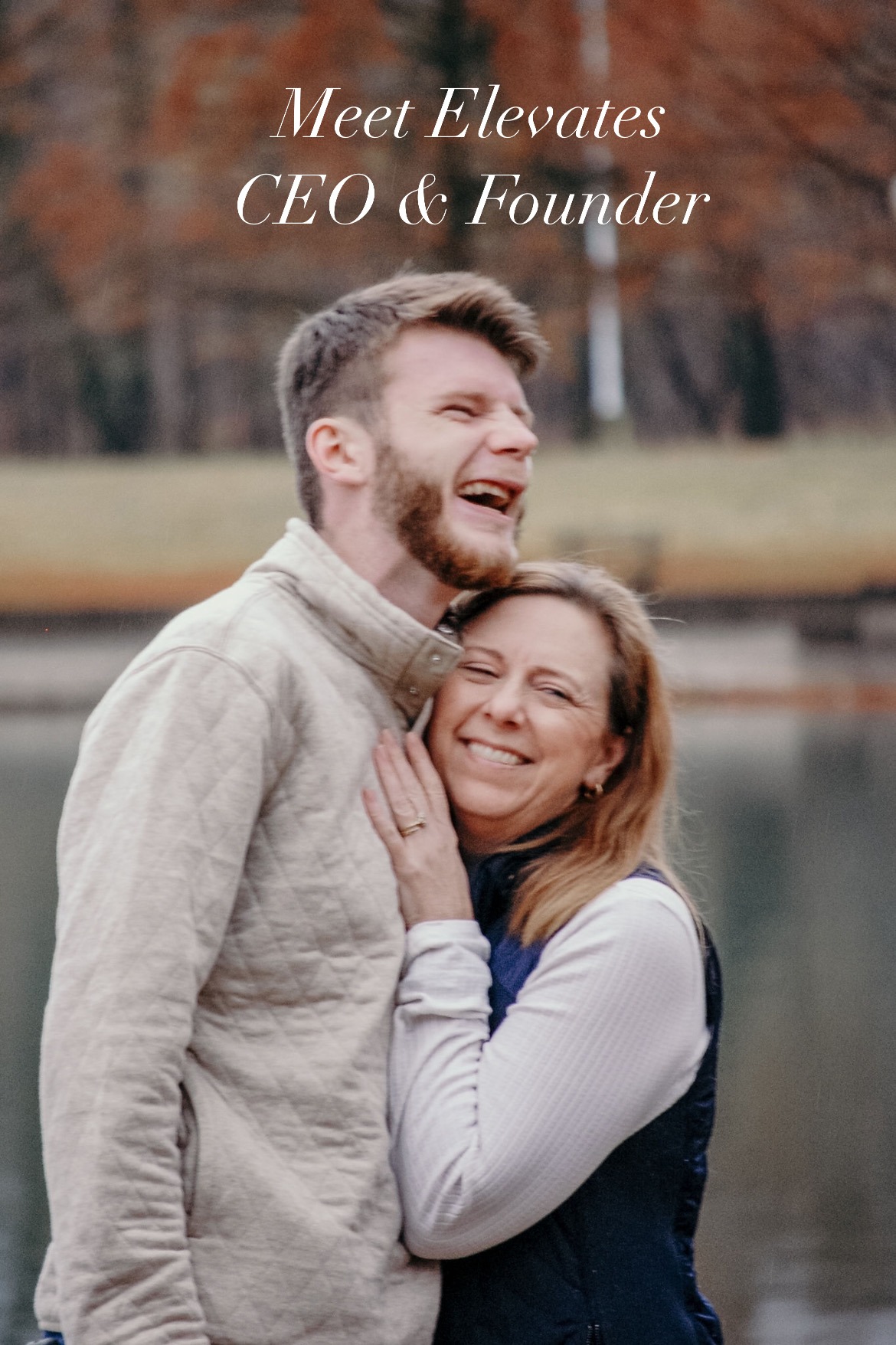
[Learn more aboutRhabdomyosarcoma HERE].
A few years prior, I made the decision to return to school to pursue a PhD in Educational Psychology. I’d been working as an educational consultant helping families advocate for their children and adolescent’s educational needs; I was even asked to testify in front of our state legislature. My main area of interest was better understanding a tiny subset of students, those who are both gifted and have a learning difference, students considered twice exceptional. I had spent the previous few years facing the challenges of researching this group of students. So much of the difficulty understanding the needs of this group was caused by the lack of funding and the small population, and I began to wonder if the same was true for this cancer my son had been diagnosed with. I will never stop being grateful for my training during my doctoral program; it was during this time that I began to understand academia and university research practices, human-subjects research methods, data analyses, complete with the limitations and strengths of such work. I also learned to read manuscripts and how to search for and identify reliable and valid research. Armed with this knowledge, I purchased a molecular biology text book so that I could better understand this world of pediatric cancer literature. I then read everything I could about my son’s disease. Unfortunately, I discovered another hard truth: outcomes for the disease weren’t great and had remained stagnant for decades! Oof!
I was confused. How could this be?
Hadn’t we progressed science and cancer research in recent years?
Unfortunately, this progress is limited and mostly focused on those diagnosed with adult cancers. My understanding of this problem coincided with the reality that Justin’s cancer hadn’t responded to the standard of care therapy for intermediate risk rhabdomyosarcoma, VAC (Vincristine, Dactinomycin, Cyclophosphamide). His medical team intensified the chemo and he endured a complex 14-hour surgery to remove the tumor from his upper jaw. For weeks leading up to this resection, our family researched options to donate his tumor. While he was being treated at Cincinnati Children’s Hospital, the decision was made to donate his tumor to the Pollok Lab at Indiana University Wells Center for Pediatric Research, where cell lines of his super rare tumor (FUS-TFCP2 ssRMS) have been developed.
His treatments marched on and so did I. I dug into the task of finding charitable organizations doing work on this disease. For my entire career, first in the classroom, next as owner of a small real estate firm, and finally as an educational consultant, I was involved in a range of nonprofit boards. I’ve had the honor to serve in various roles and for different causes I’ve cared about, nearly always with missions intended to help young people thrive, from our local school foundation board to a state organization advocating for gifted education to my role as President of an international school board for a missionary school in Haiti. These experiences not only grew my abilities as a leader and collaborator, but also my appreciation for the amazing work these charitable organizations do. So, it only made sense to me that there must be patient/advocate/caregiver organizations out there working on this terrible disease. Throughout the years of Justin’s treatment, I connected with a handful of organizations doing great work! I felt compelled to support an established organization. I was humbled to be welcomed into a range of meetings, and even offered leadership posts, with others working on advancing therapies and support for those diagnosed with not only rhabdomyosarcoma, but also other types of childhood cancers. It was during this time that I met Elevate Board Director, Amy Meinch, who was also trying to find the best path forward to improve outcomes for childhood cancer, in particular Wilms tumor, the cancer that took her daughter’s life.
Again, I was left with more questions: if all these amazing people were doing this work and raising all of this money and awareness, where are the new therapies to tackle this beast of a cancer? Where is the disconnect?
After 12 rounds of chemotherapy (first VAC and then Doxorubicin/Ifosfamide/Etoposide), 33 proton therapy treatments, and a partial maxillectomy (removal of the upper jaw), and countless infections, Justin had a brief pause of “No Evidence of Disease (NED)”. Unfortunately, weeks after the end of treatment, and the second ringing of a bell, Justin developed a systemic fungal infection from his battered immune system. 21 harrowing days in the ICU, and we were sent home with a host of home health support including IV-based anti-fungals for months, and oral antifungals for a full year. Justin’s dad and I developed a solid working relationship with his medical team during this time, and learned first-hand the risks of high-dose chemotherapy. By this point, I was a mom on a mission. Where on earth were the targeted therapeutics for these children’s cancers I see regularly advertised for adult cancers?
For good or bad, I’ve always been a person driven to a mastery of understanding, and by this point was laser focused to make a change not only for Justin, but for others as well. So, I next pursued an understanding of the various laws and systems that have been created to help our young people diagnosed with cancer. In the winter of 2021, when Justin was on a maintenance protocol and enjoying a period of “No Evidence of Disease” or NED, I dove head-first into legislative priorities for those diagnosed with childhood cancer. I helped a local legislator, in my home state of Indiana, write a bill to develop a research fund in the hopes that we could open the door to more drug trials for those with childhood cancer. In addition, I joined forces with a small but mighty group of advocates to ensure children would be added to the Indiana Cancer Plan for the first time ever. Throughout the spring of 2022, our family enjoyed a short window of watching Justin “do life”.
He simply wanted to live like a young adult.
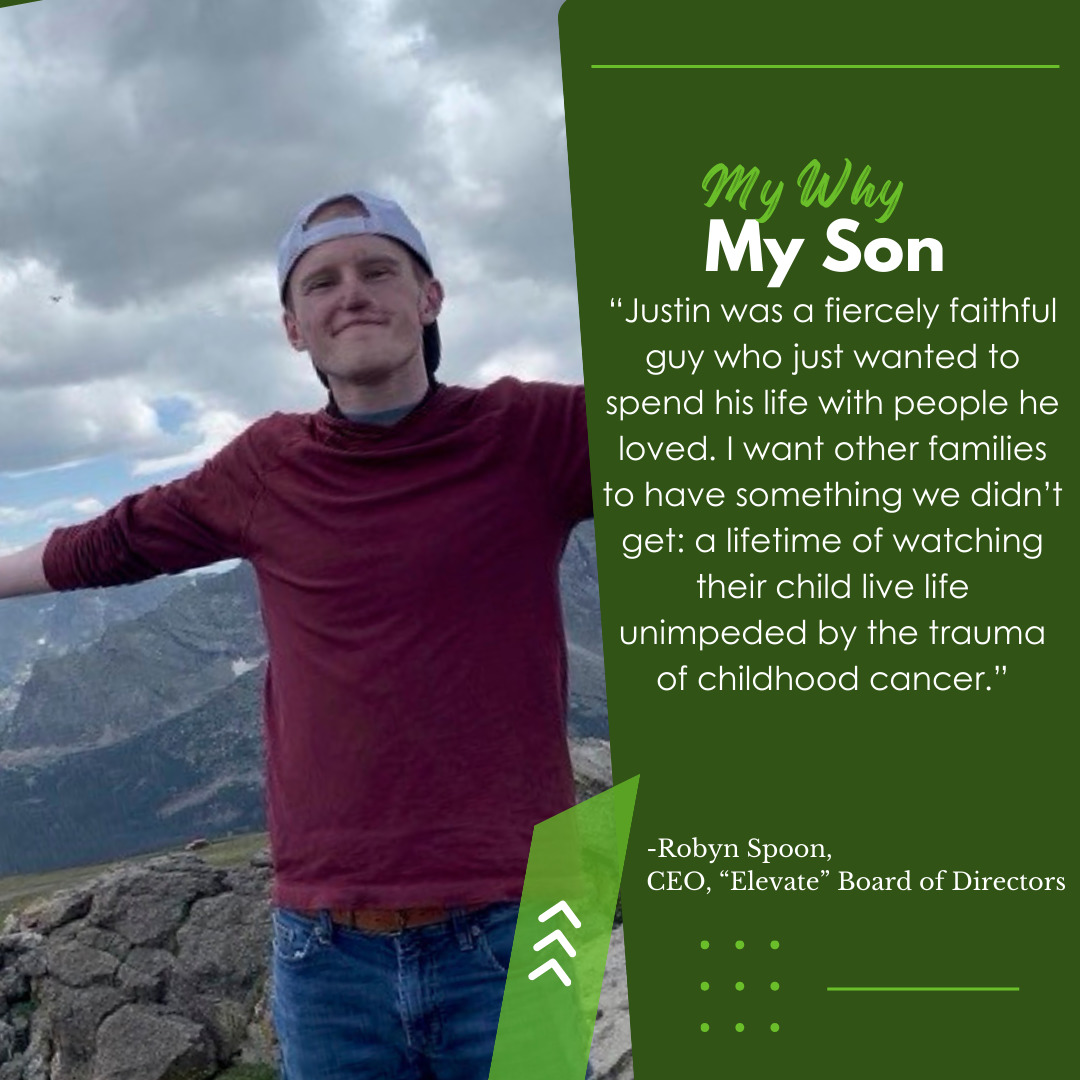
So, he applied, and was accepted, into graduate school. He had his own apartment, began working again at a local clinic for children with autism, and served as the assistant cross country coach for a local high school. Prior to cancer, he had been a nationally ranked collegiate distance runner. Despite being hammered by 18 months of chemotherapy, he returned to running up to 8 miles a day. He maintained hope of one day running “Boston” (the marathon). At the end of June, he told us that he had a concerning lump in his upper jaw, very close to the original tumor. Updated scans revealed a concern for relapse, which a biopsy confirmed.
And our lives turned upside down once again.
Throughout that fall, we pursued every possible avenue imaginable. He endured a second maxillectomy, and then after additional full-genome sequencing various immunotherapy, chemotherapy, and other therapies. We tried everything, except a drug trial. So, in the fall of 2022, Justin was offered the chance to enroll in a Phase One CAR-T trial. He chose to pursue it with all the gusto of a “Hail Mary.”
Our threesome headed off to the Pacific Northwest that winter in the hopes of a cure. Like so many families facing this tough diagnosis, we lived life in a city far from home and endured nearly a month of intensive care. I continued to do my best to support my fellow advocates back in Indiana with efforts to establish a research trust in the state. Our efforts collapsed into a bill to establish a Rare Disease Council, which is now actively working in the state.
About this same time, it became obvious the trial wasn’t working, and we barely made it home to the Midwest so that we could spend Justin’s final weeks in our home surrounded by friends and loved ones.
Justin died on March 23, 2023.
In the wake of this terrible loss, my resolve grew stronger. A quick check of pub-med demonstrated that 95% of the published research on rhabdomyosarcoma, and most children’s cancers, is stuck in pre-clinical efforts. The brilliant and innovative efforts of hard-working physicians and scientists isn’t translating into new therapies. Why? And more importantly, how do we fix this? How might we expedite therapies for children diagnosed with these cancers so their families can avoid this terrible pain?
Elevate Childhood Cancer Research and Advocacy was born to do just this! My hope is to build a coalition of others with a similar desire to change the story for those who follow us…and to do it fast! And while we pursue this mission, we will arm patients and caregivers with the most current information possible so that their families are able to make critical decisions on behalf of their child.
So, I tackle every day of this work with the same spirit captured in this quote from Justin:
People might not remember the time I ran nor the place I finished, but they remember how I acted and how I treated them…thus, for me, to wear that green is to know that all eyes are on me to be fearless, relentless in both competition and kindness, and to set an examples for those around me to follow. -Justin Spoon
We’ve got work to do!
Robyn
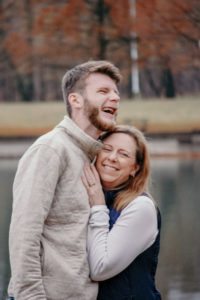
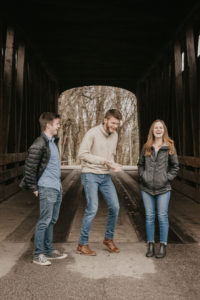
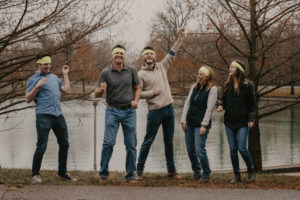
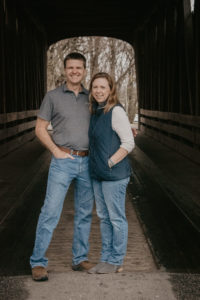

BIO
Robyn Osborne Spoon is the CEO and Founder of Elevate, an organization dedicated to dramatically improving and saving the lives of those diagnosed with childhood cancer. Robyn brings her expertise in design thinking and decades of experience in academia, business and nonprofit management to tackle Elevate’s mission.
Over the past decade, Robyn has earned a Certificate in College Counseling from UCLA and an M.A. in Executive Development for Public Service at Ball State University where she is currently a Doctoral Candidate in Educational Psychology. Robyn has extensive nonprofit and advocacy experience, having served on nonprofit boards at the local, state, national, and international levels. She has been an invited speaker at both small gatherings and large national conferences.
She is deeply committed to advancing cancer therapies for children and has had the privilege of speaking at high-profile events, including the Advocate Showcase Speaking Session at Memorial Sloan Kettering, the Sarcoma Translation Research Team’s Virtual Meeting, and the 2024 FDA Oncology Center of Excellence Pediatric Advocacy Forum. Additionally, she attended the ACCELERATE platform in Belgium in 2024 and was awarded Individual Advocate of the Year by the Indiana Cancer Consortium. As part of her role, Robyn has helped Elevate found multiple coalitions: The Pediatric Renal Tumor Coalition, The Rhabdomyosarcoma Coalition and the Indiana Pediatric Cancer Coalition.
Robyn is married to Joel and has had the honor of being mom to three amazing young adults. Robyn changed her focus from education advocacy to childhood cancer advocacy in 2020 when her young adult son, Justin, was diagnosed with and later died from rhabdomyosarcoma. It is her deepest life’s goal that childhood cancer will no longer rob young people of becoming thriving adults.

Read more on the Building Bridges Blog and see all of the incredible ways people are already coming together around our mission to save and improve the lives of those diagnosed with a childhood cancer.
How You Can Help
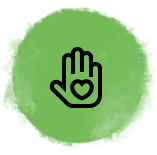
Volunteer
Elevate values your unique gifts and talents in this community of coalition builders.
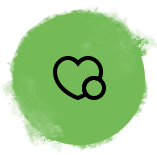
Donate
Generous monetary donations will help accomplish Elevate’s mission to get the money and resources where they are most needed.
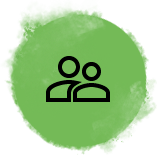
Advocate
Voices matter, we need you to share yours at Elevate. Join a workgroup or help advocate and fundraise through our Elevate Kids division!

